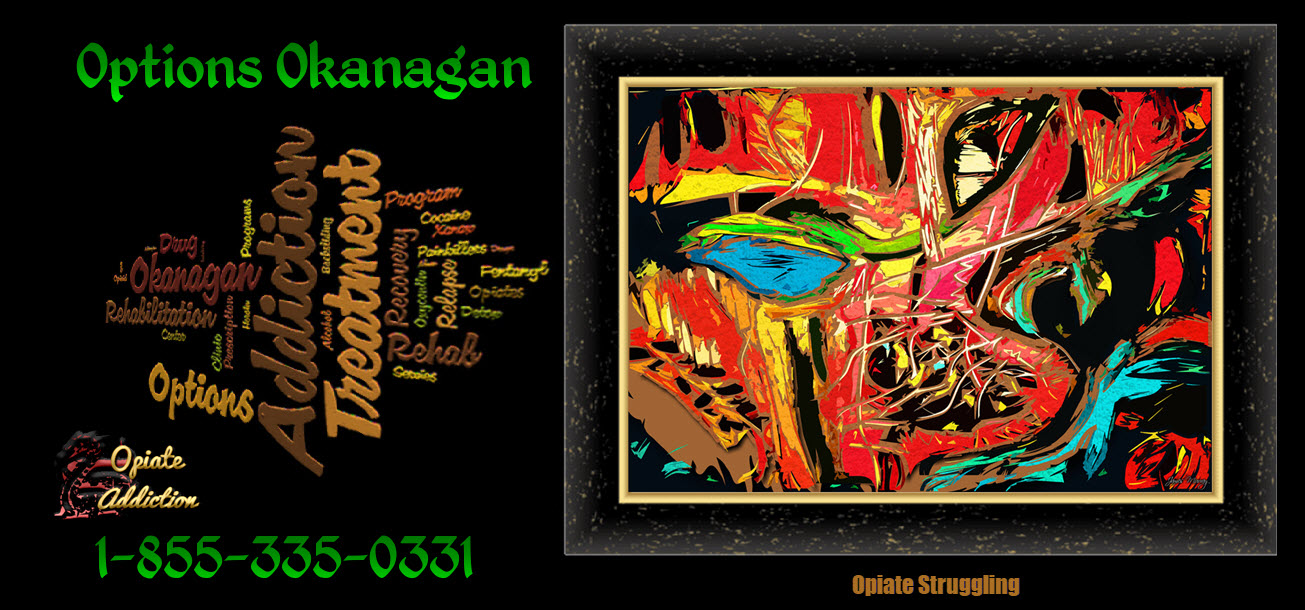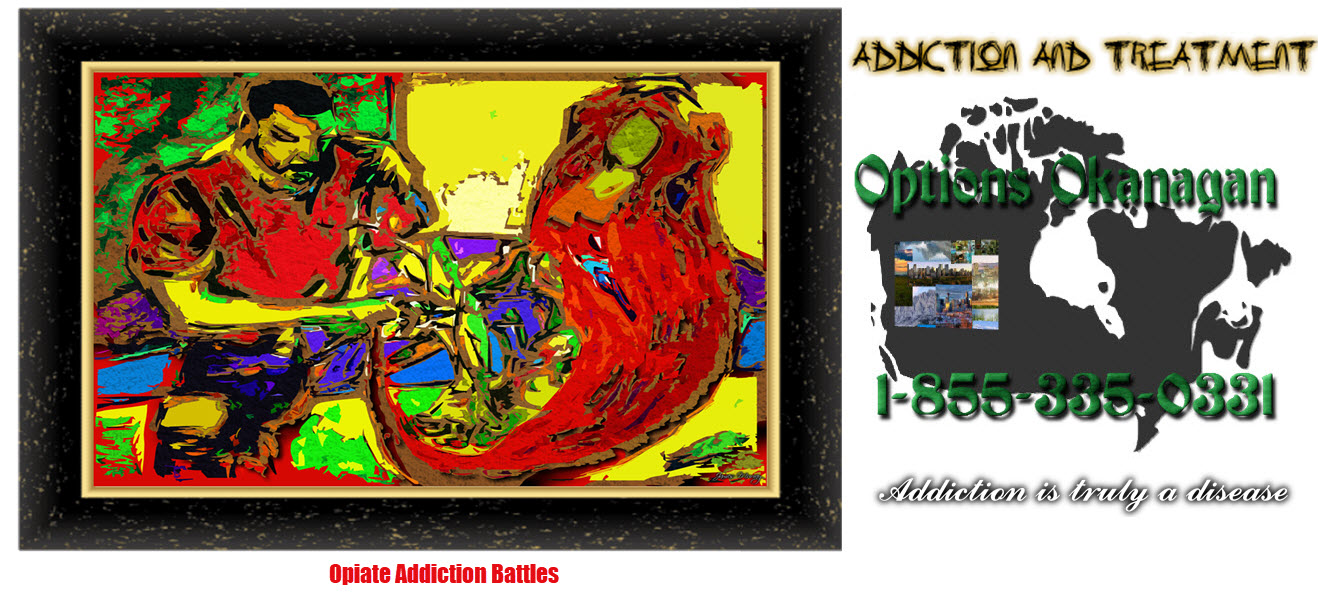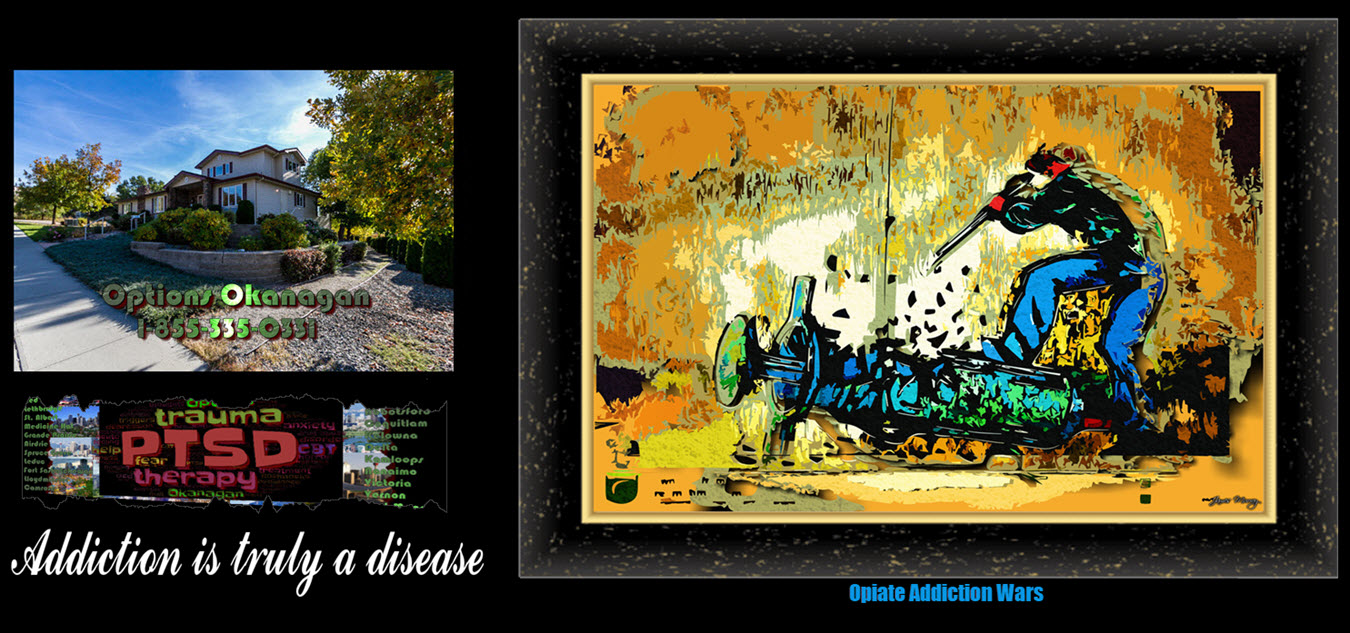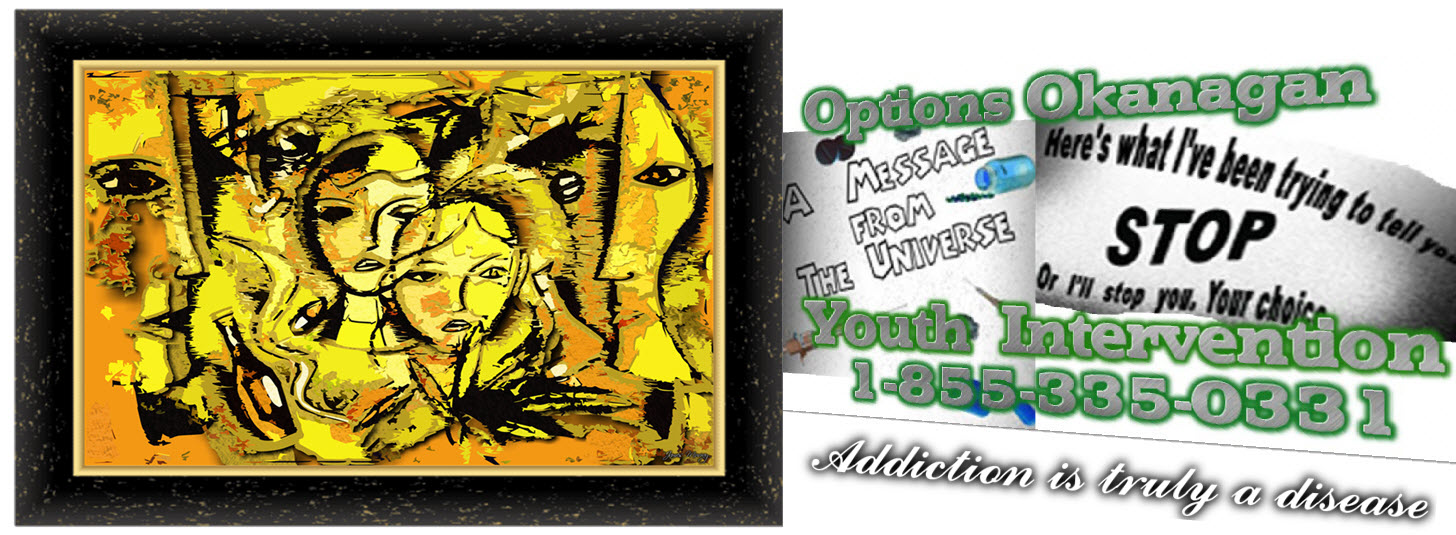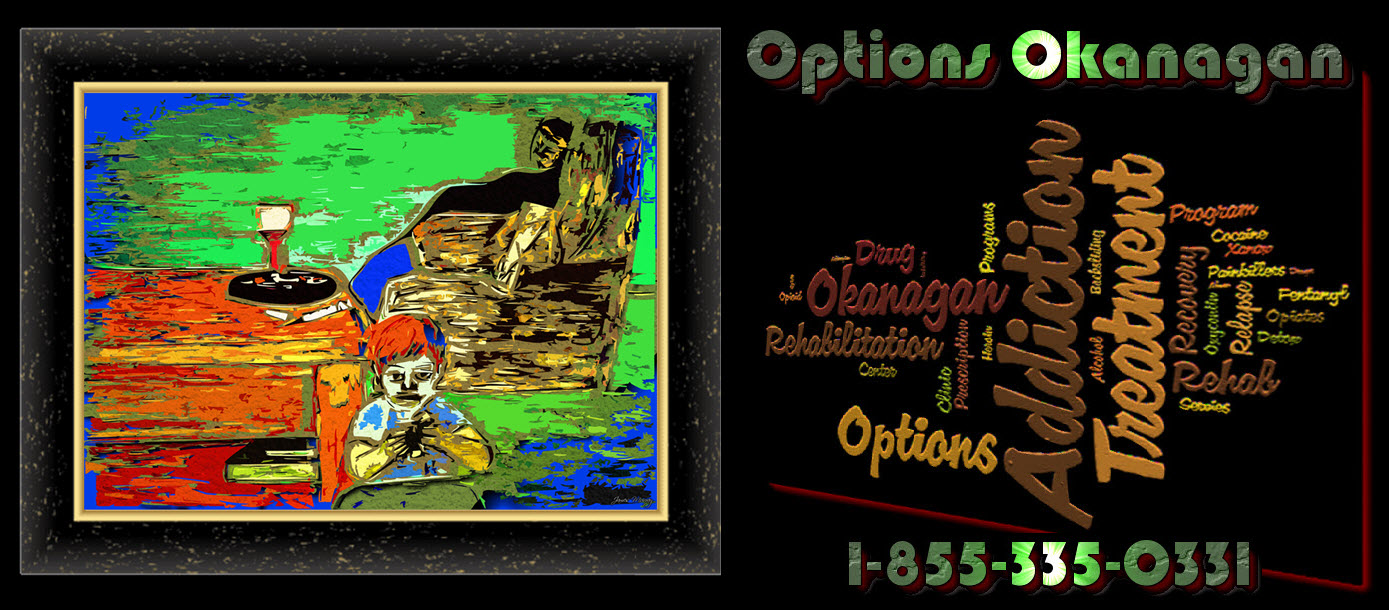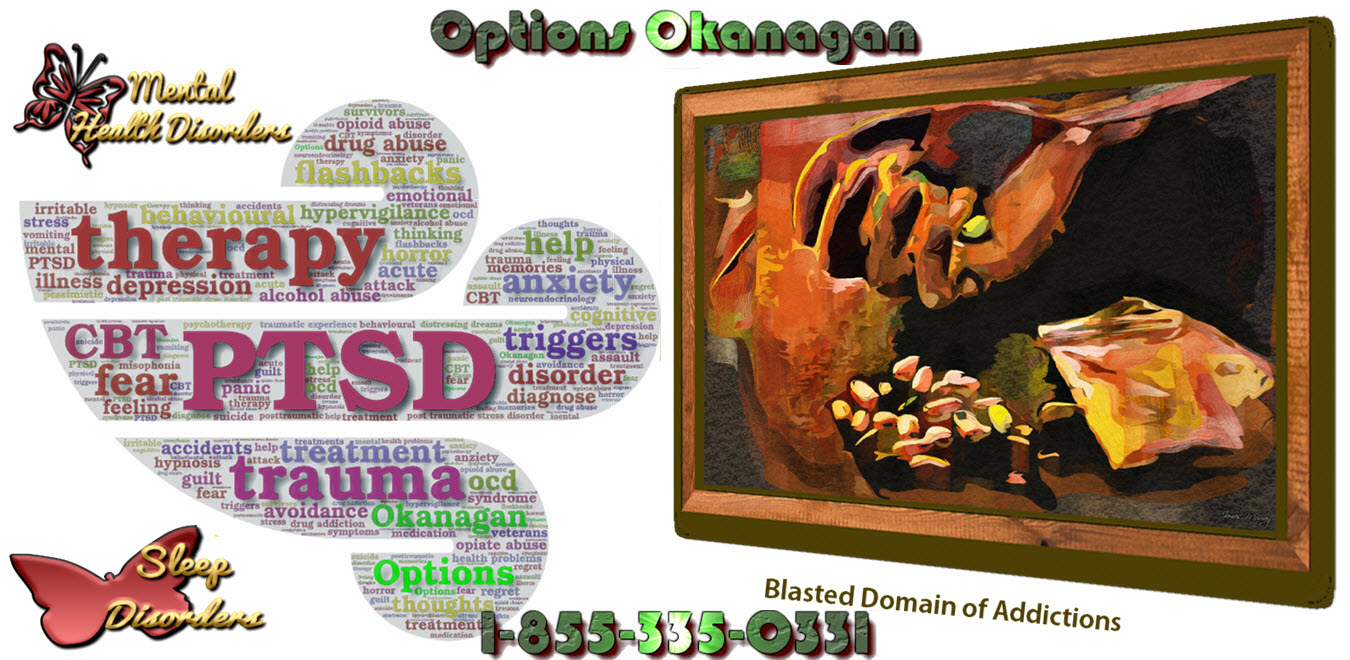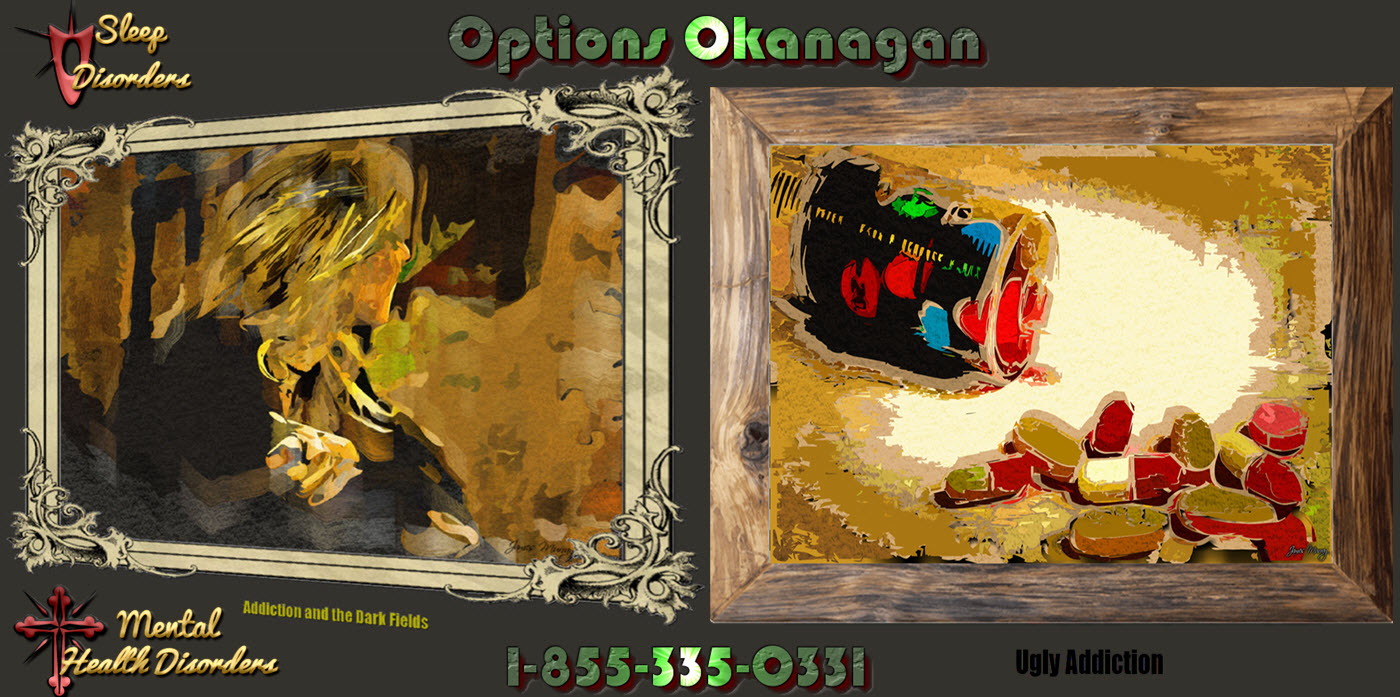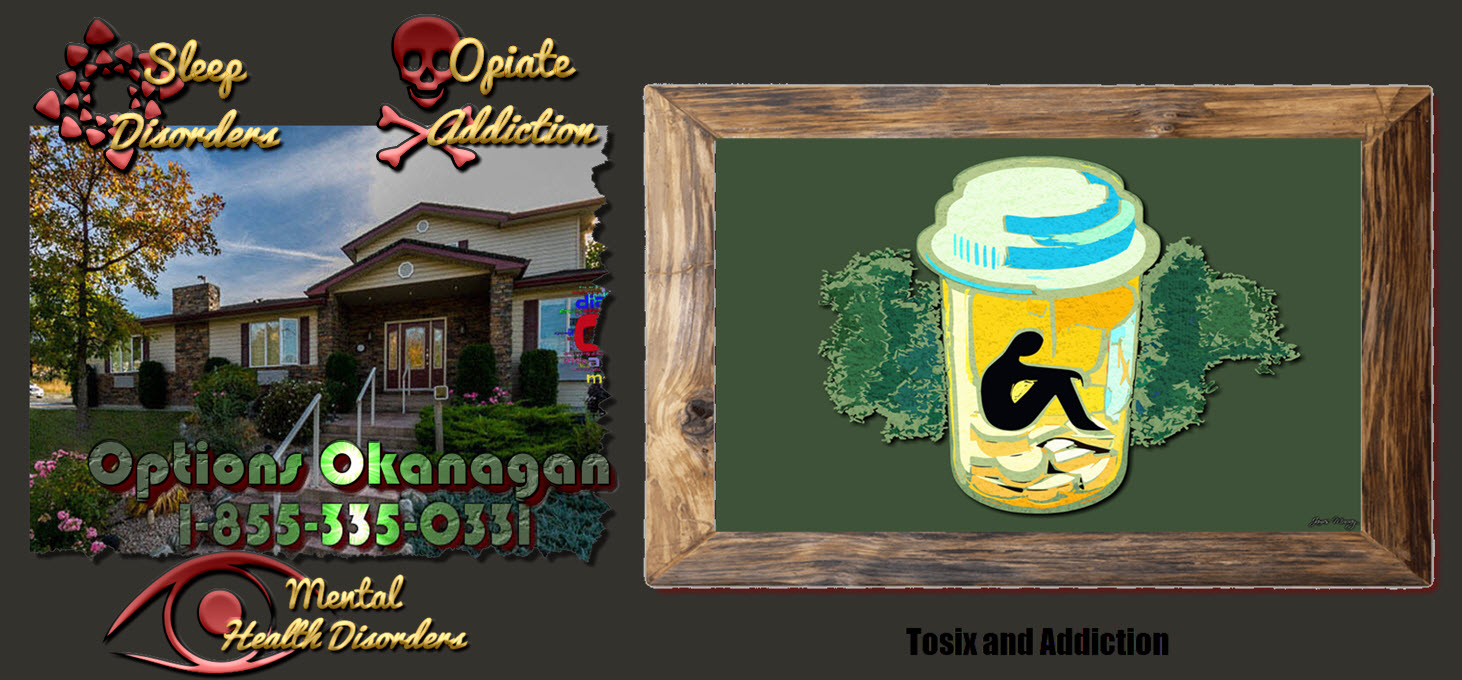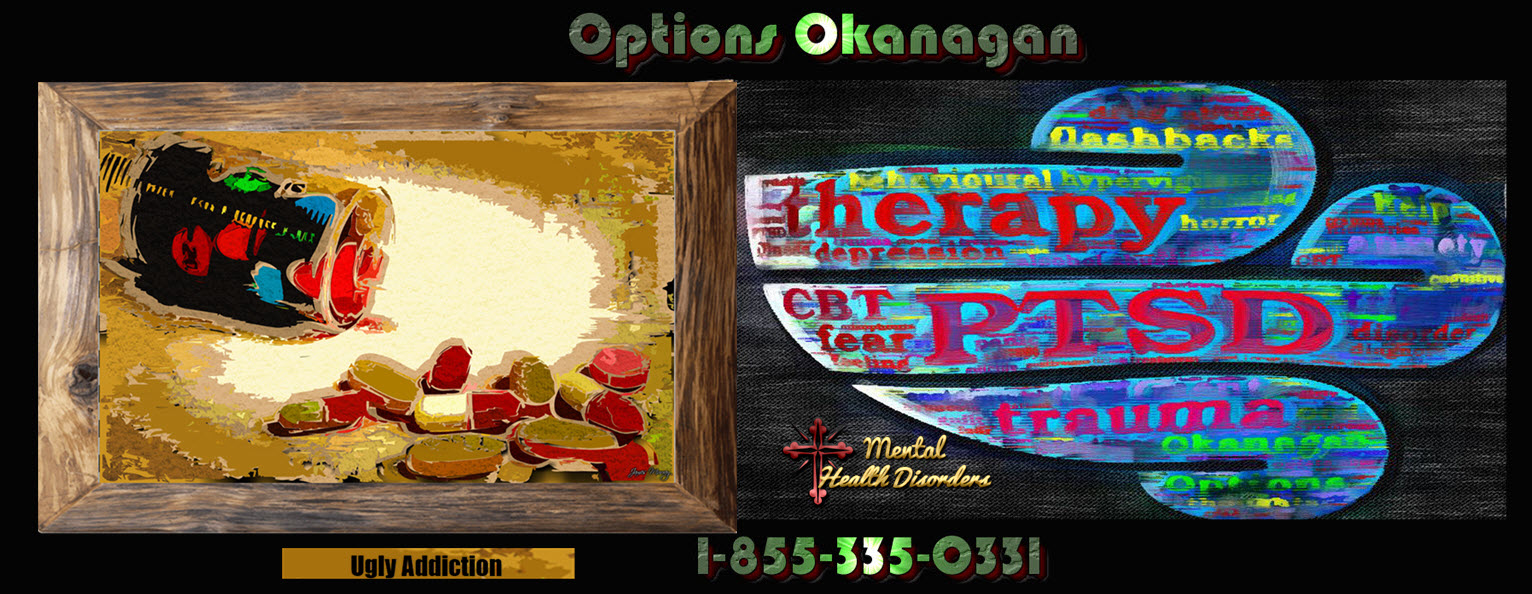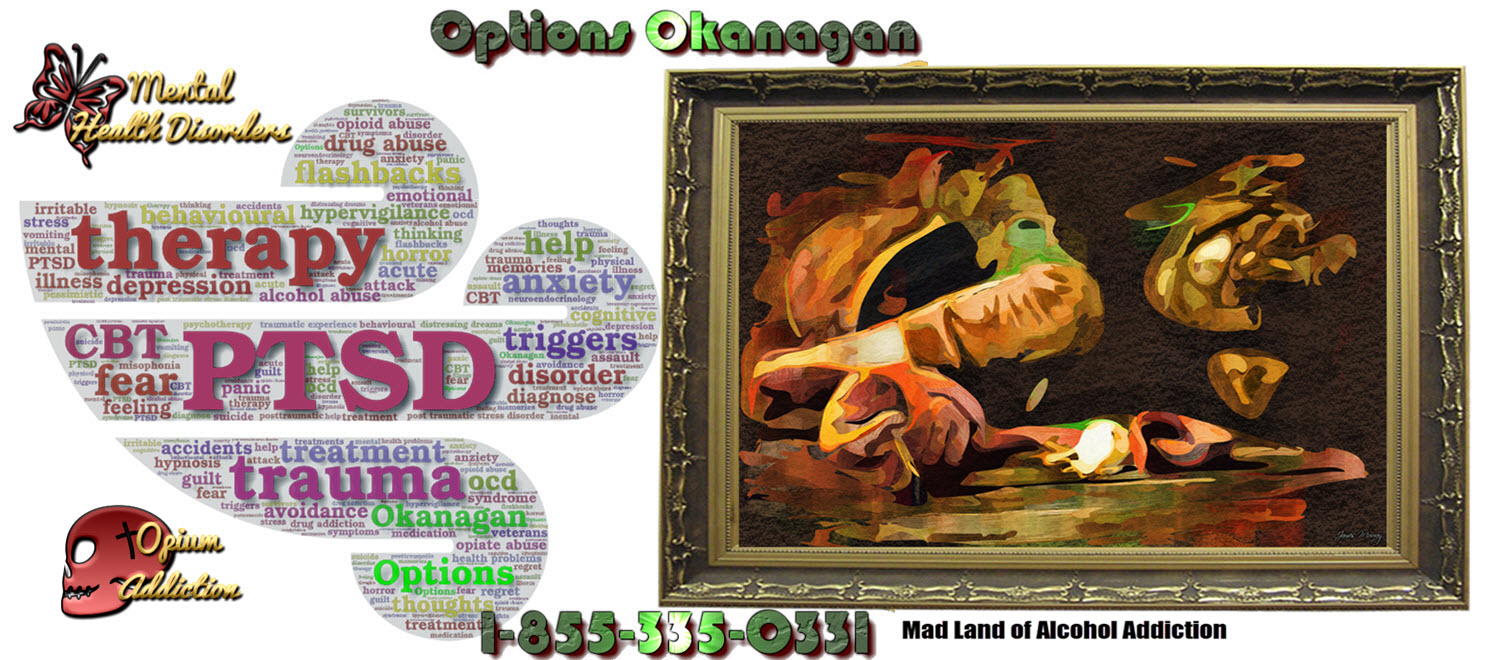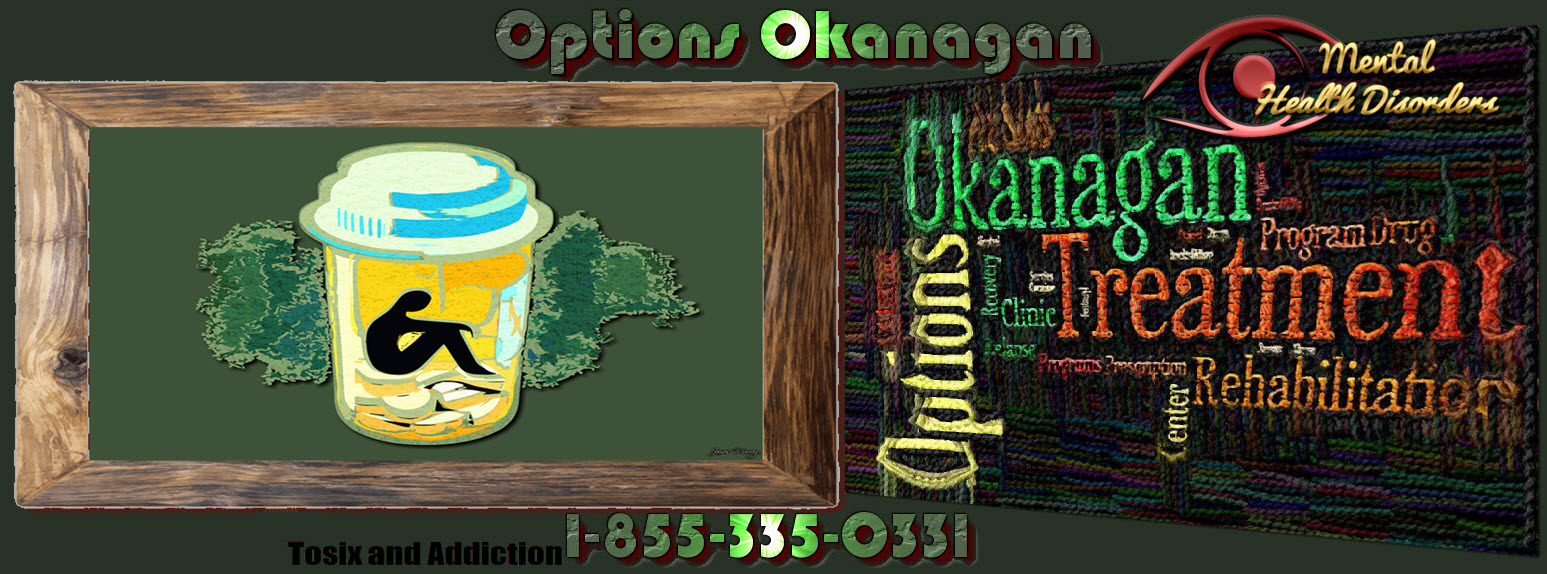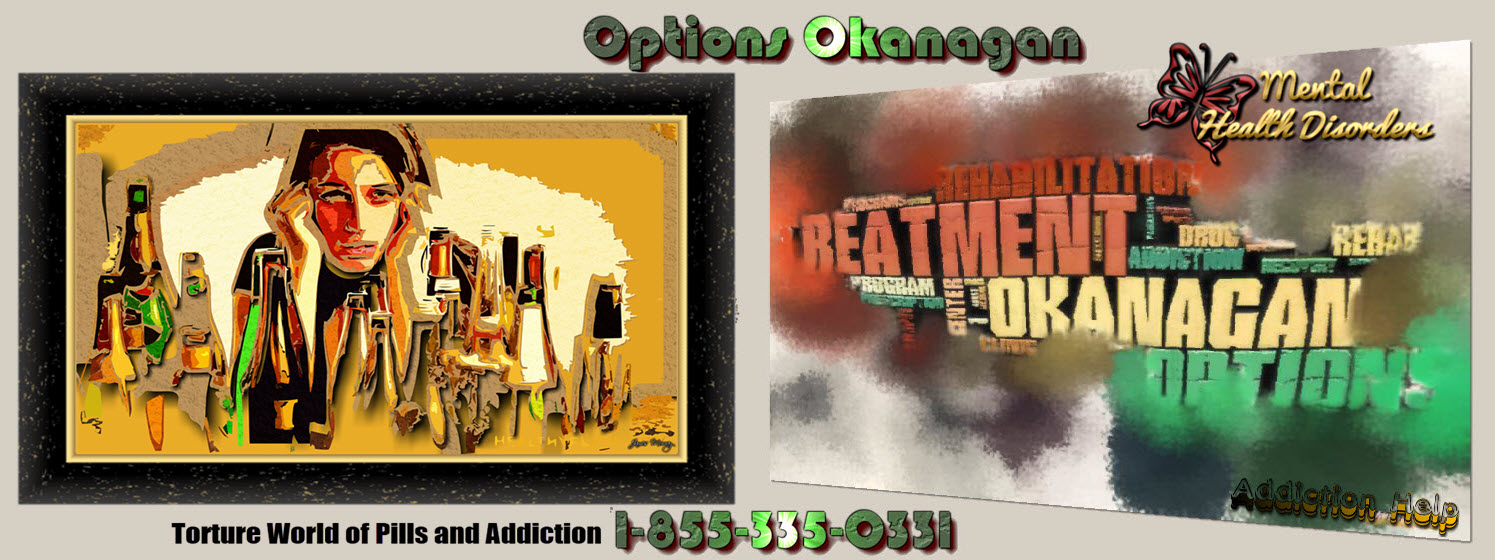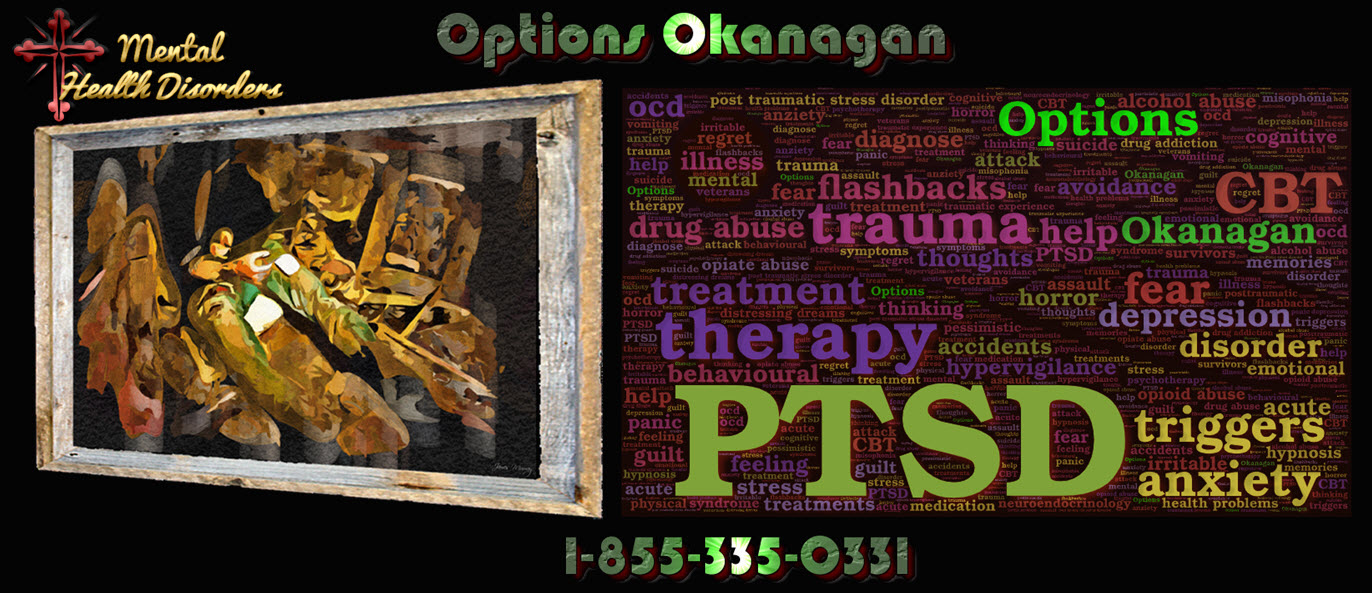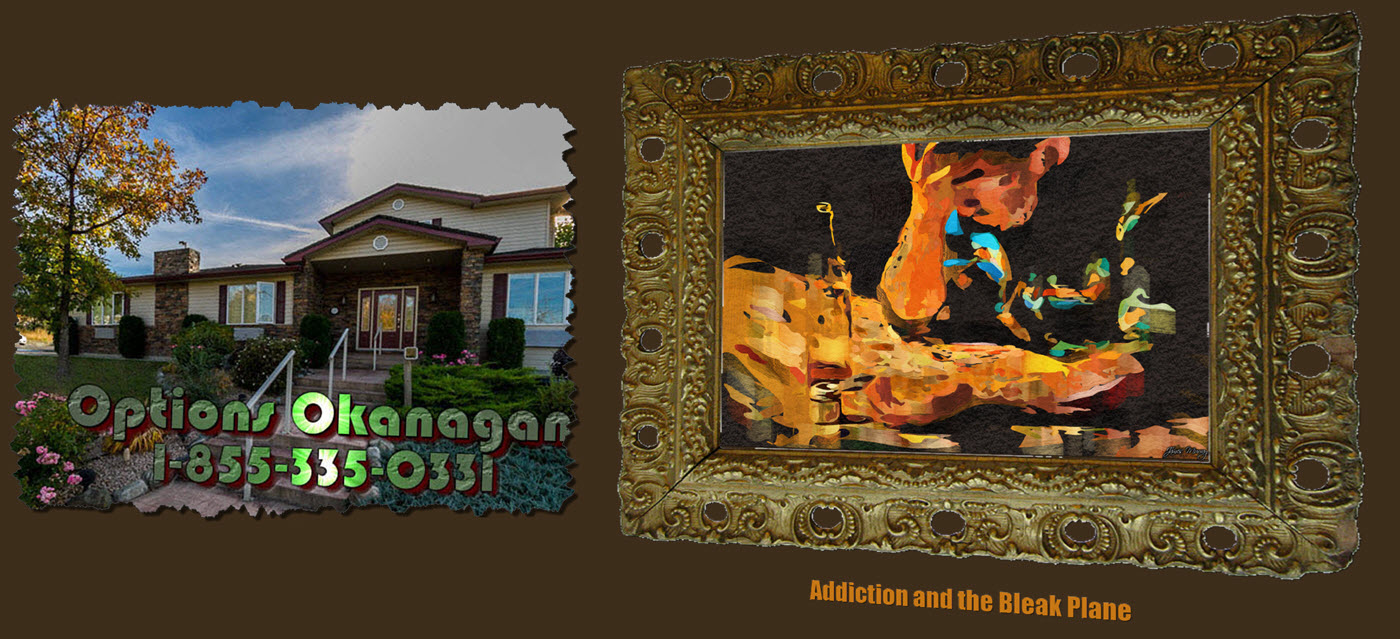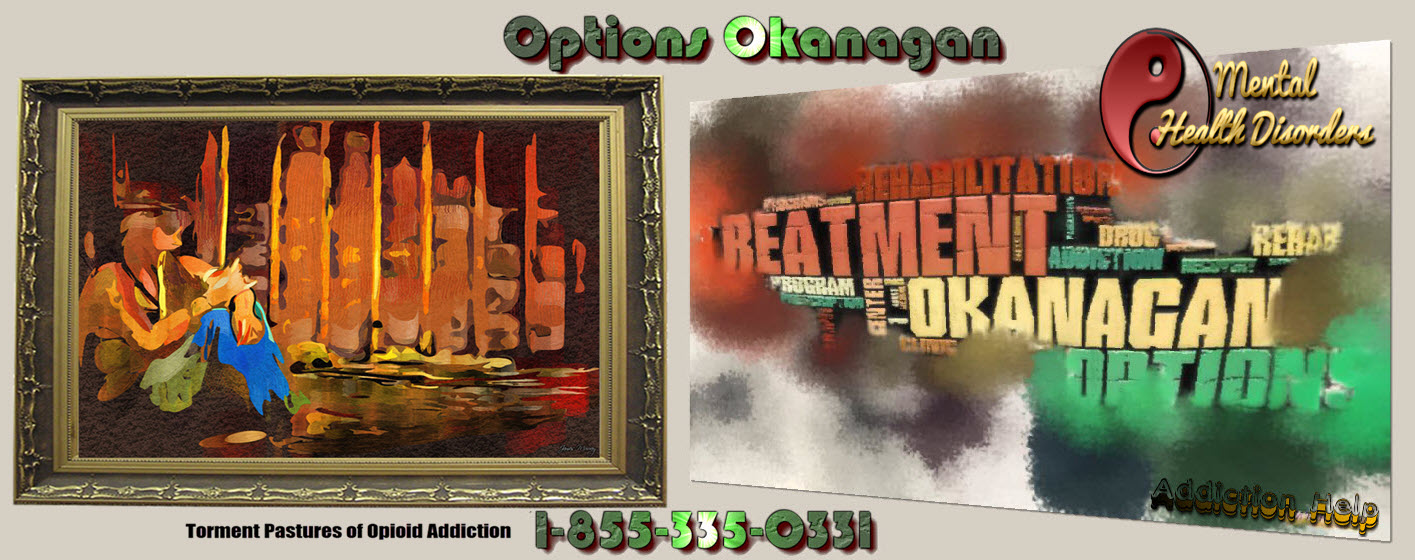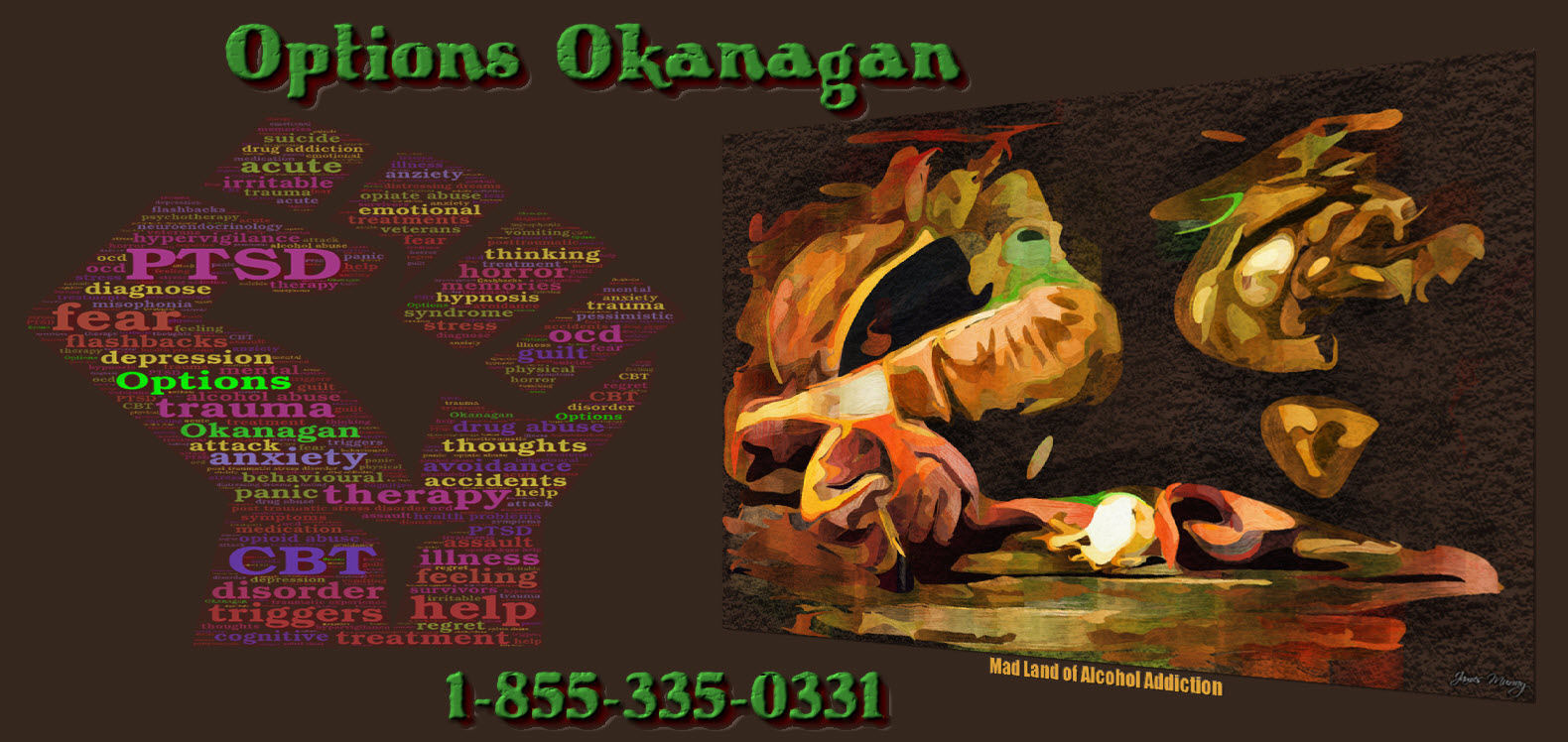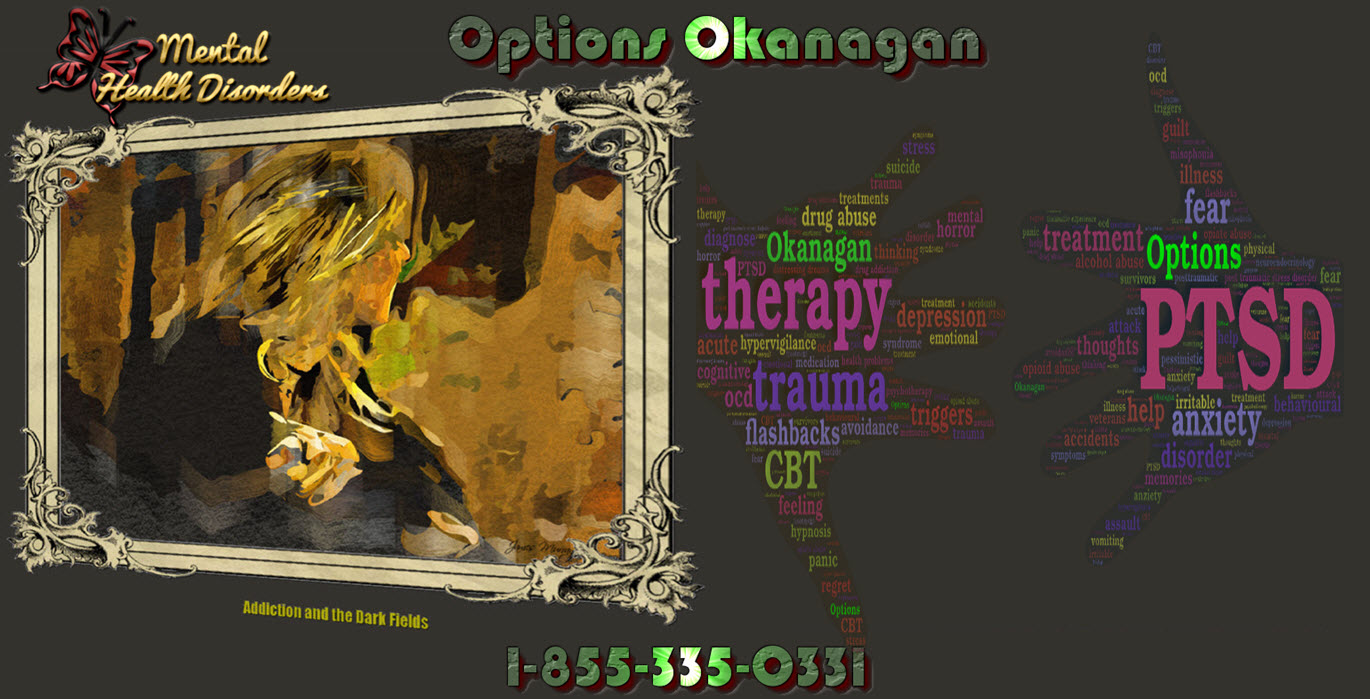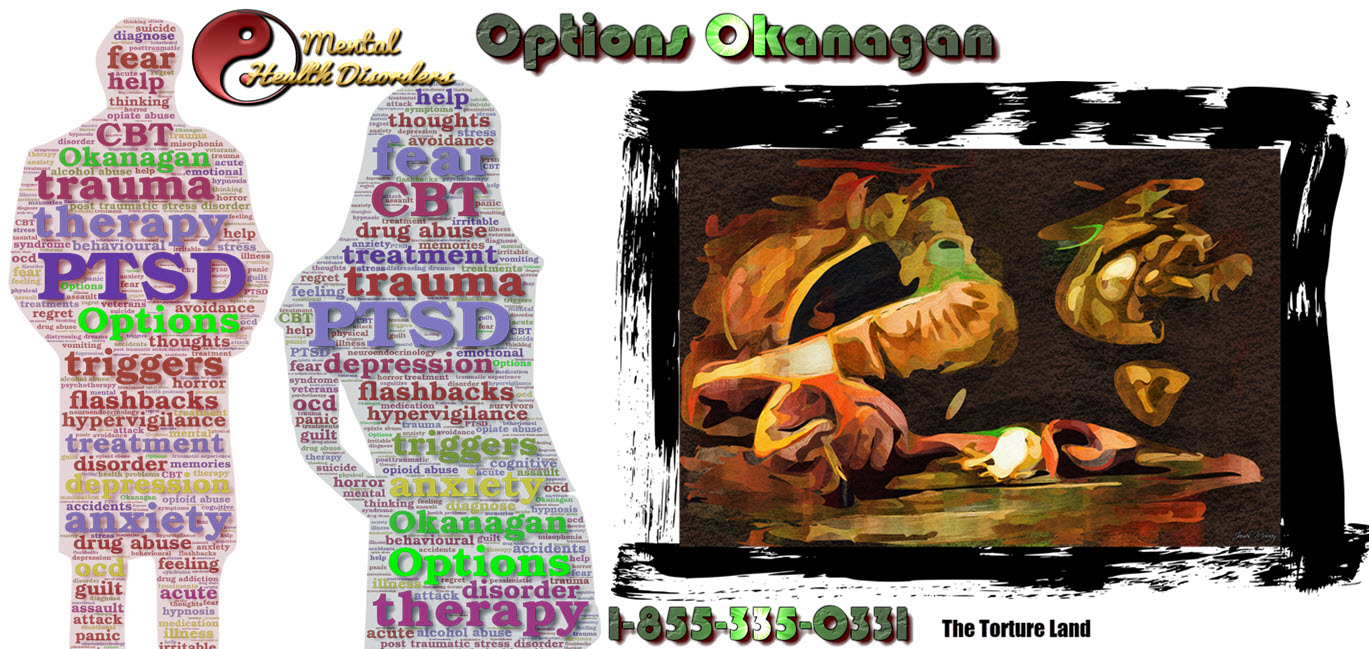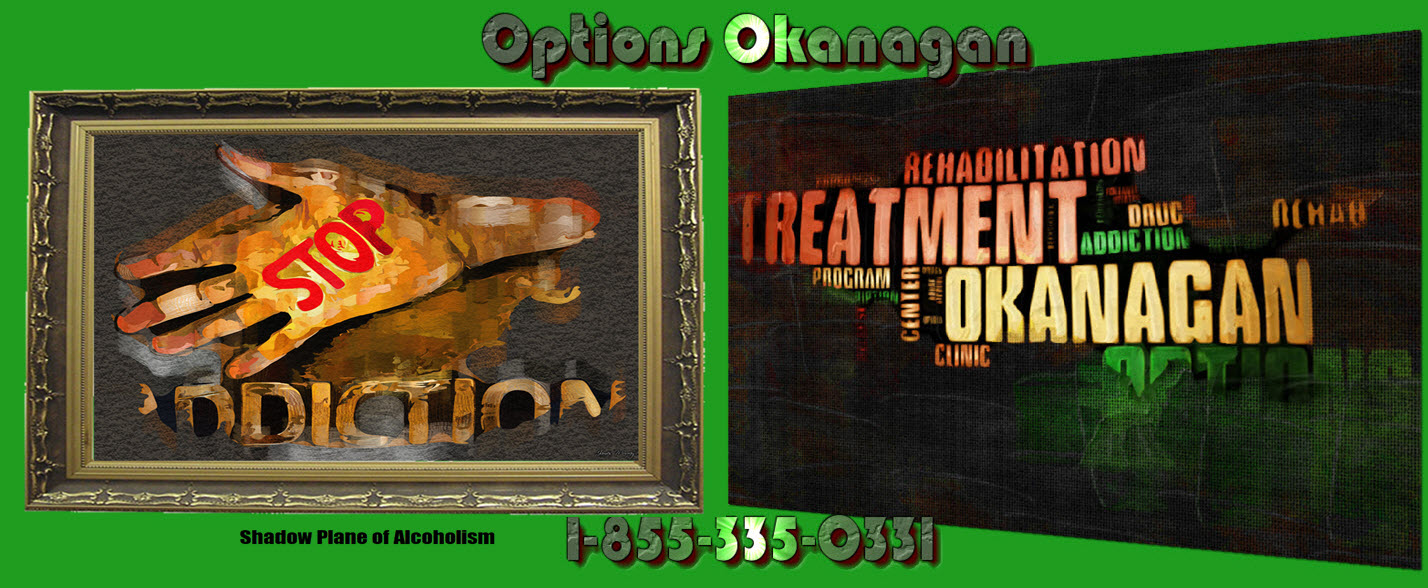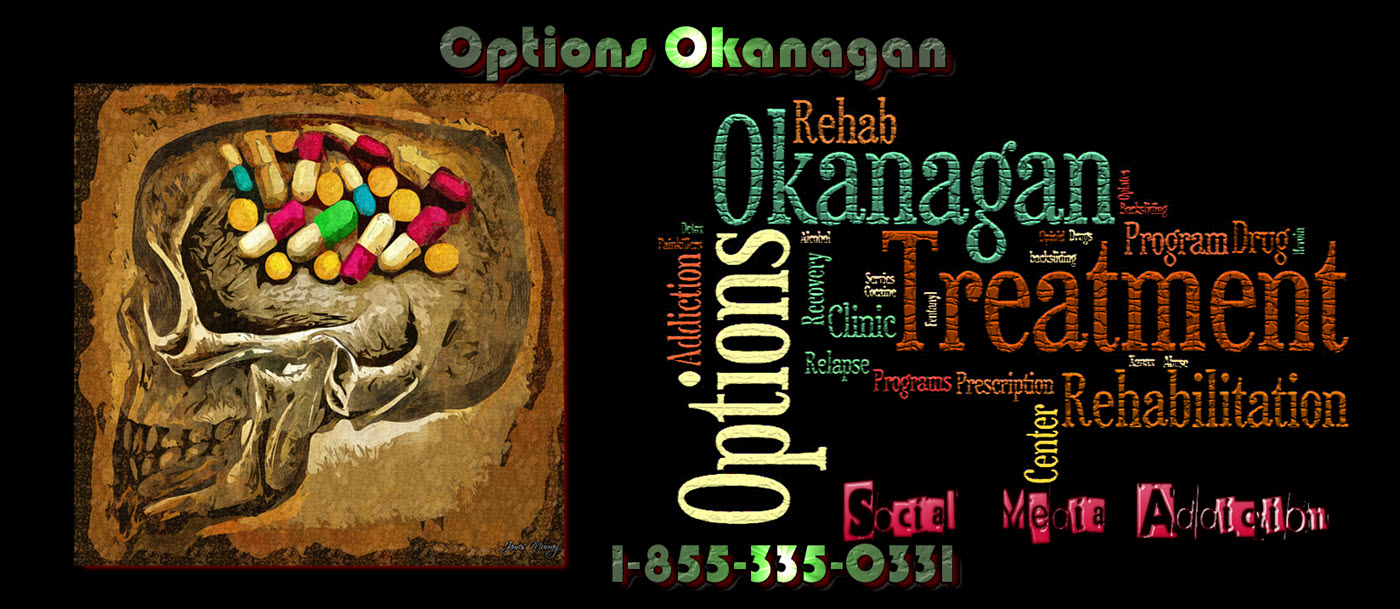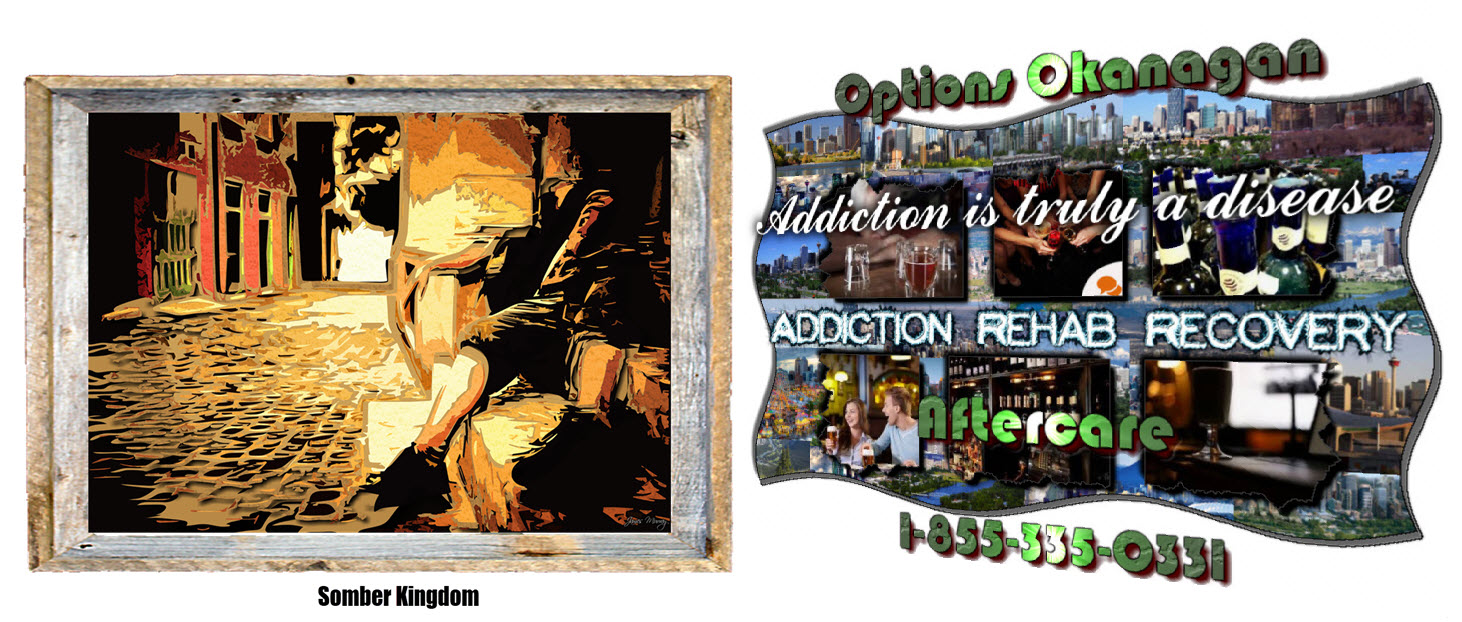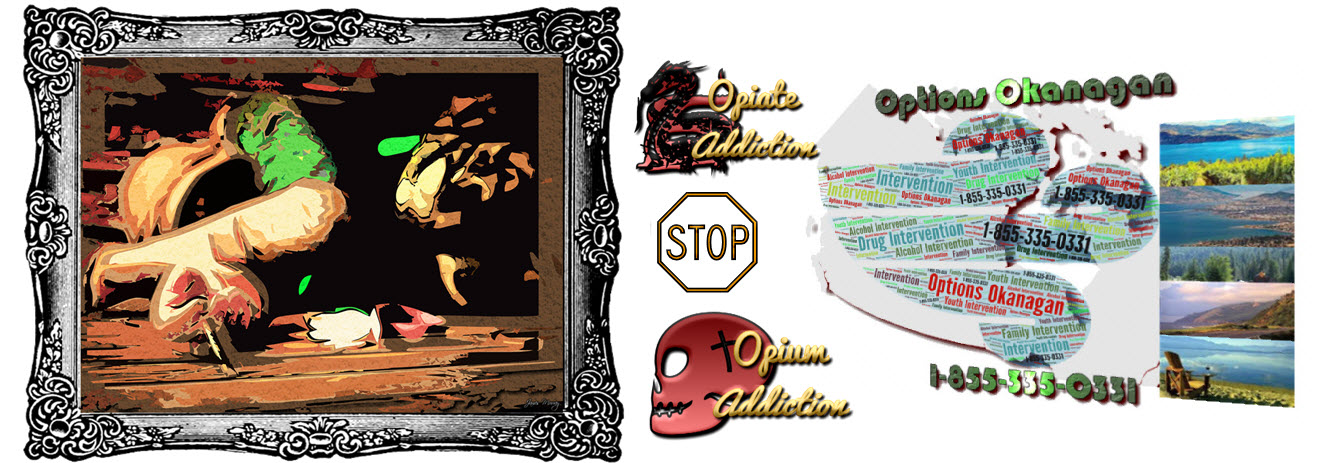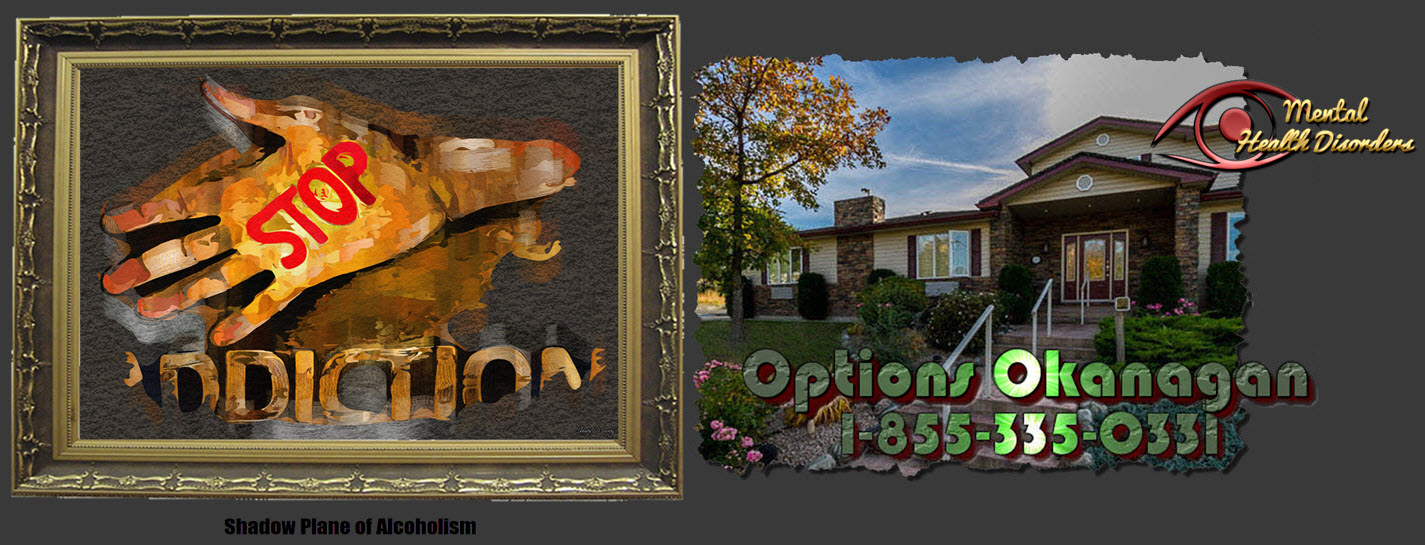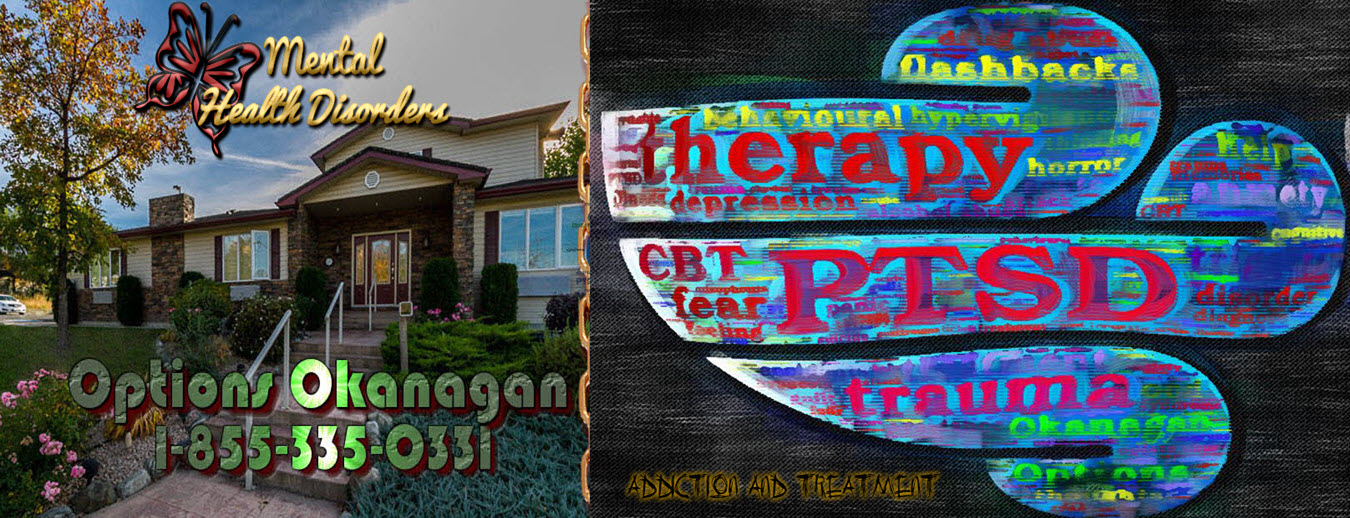An overview of opiate addiction rehabilitation and treatment – Opiate and prescription drug rehabs and interventions in Alberta and British Columbia – Options Treatment Center in Kelowna, British Columbia treating prescription drug, opiate, fentanyl, heroin and alcohol addiction and recovery.
Opiate And Prescription Drug Rehabs In Alberta And BC
Opiate addiction is an endemic social issue, a topic of conversation in government and non-governmental organizations and agencies, schools, healthcare centers, and the media. The fight against opiate abuse and addiction is resonant today more than ever. But what is opiate rehab?
The rehabilitation for opiate addicts is a learning process in which they rediscover and regain their tainted or lost way of life without their substance dependence or abuse. It is designed to help them stop taking opiates. However, every substance the addicts use is uniquely different in how it affects the user. As such, some addicts will have higher addiction (dependence) levels than others. That is why the rehab and treatment will vary.
The rehab can be a process that entails cognitive or behavioral therapy or both, targeting the drug use. Determining which treatment will suffice is subject to several factors.
With behavioral therapy, the focus is on how best to deal with opiate cravings. Opiate addicts learn how to identify and avoid the things that make them use opiates or relapse. The process includes teaching the addicts how to surmount relapsing if it occurs.
Opiate abuse and addiction increase the risk of the user developing health issues and infectious diseases like AIDS. As such, behavioral therapy is essential in helping reduce the chances of recovering addicts contracting such diseases. The treatment process entails case management coupled with robust medical care, psychological and social therapy.
The most effective method that leading addiction rehab programs rely on is a combination of therapies designed to meet an individual’s needs. It is tailored based on gender, sexual orientation, race, age, housing, occupation, sexual/physical abuse, and foster care, among others.
Some of the medications therapists and rehab programs use to treat opiate addiction include naltrexone, LAAM, or methadone. For nicotine addicts, the answer can be found in options such as gums, bupropion, nasal sprays, and smoking patches.
Given the addiction’s impact, the medications used in the treatment might include antidepressants, mood stabilizers, and neuroleptics. They are vital for the success of the addiction recovery process, especially for individuals struggling with depression, bipolar disorder, anxiety, psychosis, and other mental disorders.
Opiate addiction rehab can be done in many ways, under different conditions, and at varied times. Addiction or dependency on opiates, as is with any addiction, is considered a chronic disorder or disease. Moreover, it is a condition with a significant risk of relapse. One-time (short-term) treatments are never sufficient. Recovery is a continuous process that entails various interventions meant to help the addict overcome opiate dependence and minimize relapse risks.
Rehabilitation programs offer the best treatment option for opiate addiction. They do not necessarily have to be provided in a hospital or healthcare facility. The objective is to help users overcome their opiate addiction and rediscover their lost healthy, drug-free way of life.
Options Okanagan Opiate and Alcohol Treatment Centers in Kelowna, Salmon Arm and Vancouver, British Columbia – Men and Women are recovering and healing from Alcohol and Drug Abuse at our treatment center here in the Okanagan right now.
Our unique and distinctive Opiate Drug and Alcohol treatment program allows men and women to come in from Calgary as well as Edmonton as we offer airport pickup.
Numerous clients come to us from Vancouver, Calgary, and Edmonton and other locations in Alberta and even other provinces for Opiate addiction treatment, heroin drug treatment, many other drugs, and alcohol addictions for rehabilitation because of the uniqueness of our treatment center.
Our (Kelowna) Alcohol and Drug Treatment Program Location:
(Not Mailing Address) – Contact Us – Web Page
For Mail Delivery :: Please contact each center for correct mailing addresses, also this location is the location of our residential treatment programs in Kelowna. Please call Toll Free 1-855-335-0331 – to contact the treatment center you are going to for the address and directions.
Options Okanagan Drug and Opiate Treatment Center
551 Sherrydale Crescent, Kelowna, British Columbia, V1V 2E6
Toll-Free Phone Number: 1-855-335-0331

